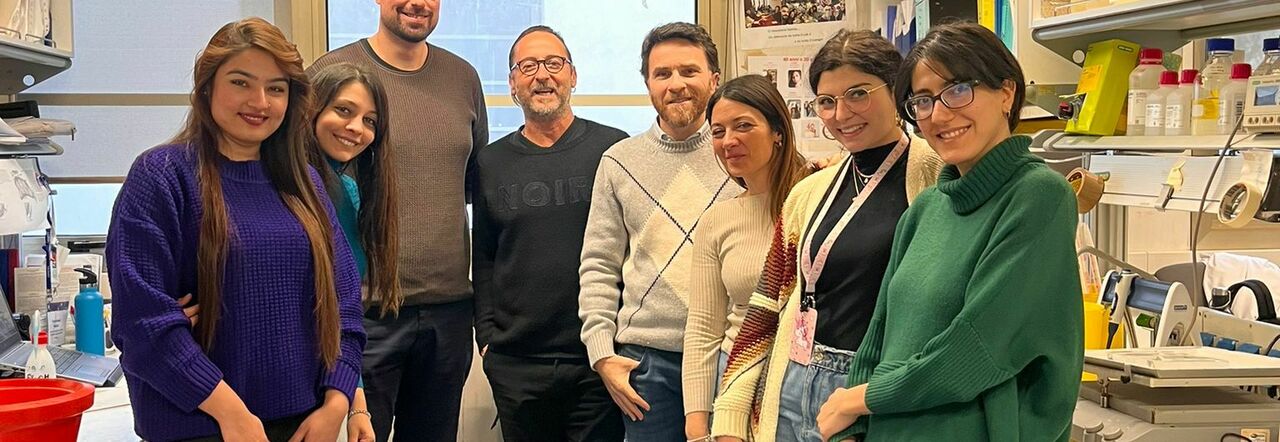Italian Research Team Discovers New Neurochemical Trace Linked to Parkinson's Disease

Wednesday 31 January 2024, 17:04 - Last updated :
19:28
2 Minutes of Reading
An entirely Italian research team, made up of neuroscientists, biochemists and neurologists from the Ceinge Advanced Biotechnologies Franco Salvatore research center, the Vanvitelli University, the University of Pavia and the Ircss Mondino, has highlighted the existence of a new neurochemical trace that correlates the blood levels of the atypical amino acid D-serine with Parkinson's disease. In particular, the study highlighted that patients with high blood concentrations of D-serine have a later onset of symptoms compared to patients with low levels of D-serine, suggesting a possible neuroprotective effect of the D-amino acid on the onset of the disease. Moreover, the researchers found increased levels of D-serine in female patients, while they did not find differences between affected males and respective control cases. This discovery opens up new scenarios of application of the so-called 'gender medicine' in the context of Parkinson's disease. The researchers are already working to study whether alterations in the metabolism of D-serine can be linked to oxidative stress, also implicated, as revealed by previous studies, in the pathogenesis of Parkinson's disease. The results of the research, conducted by Alessandro Usiello, Director of the Translational Neuroscience Laboratory of Ceinge and professor of Clinical Biochemistry at the Vanvitelli University, by Professor Enza Maria Valente, head of the Research Center in Neurogenetics of the Mondino Foundation of Pavia and by Dr. Alberto Imarisio, neurologist and PhD student at the University of Pavia, have been published in the well-known international sector magazine Neurobiology of Disease. 'This is a preliminary study,' concludes Professor Usiello, 'that we will be able to delve into on larger patient case studies.'
© ALL RIGHTS RESERVED
This article is automatically translated
This article is automatically translated
